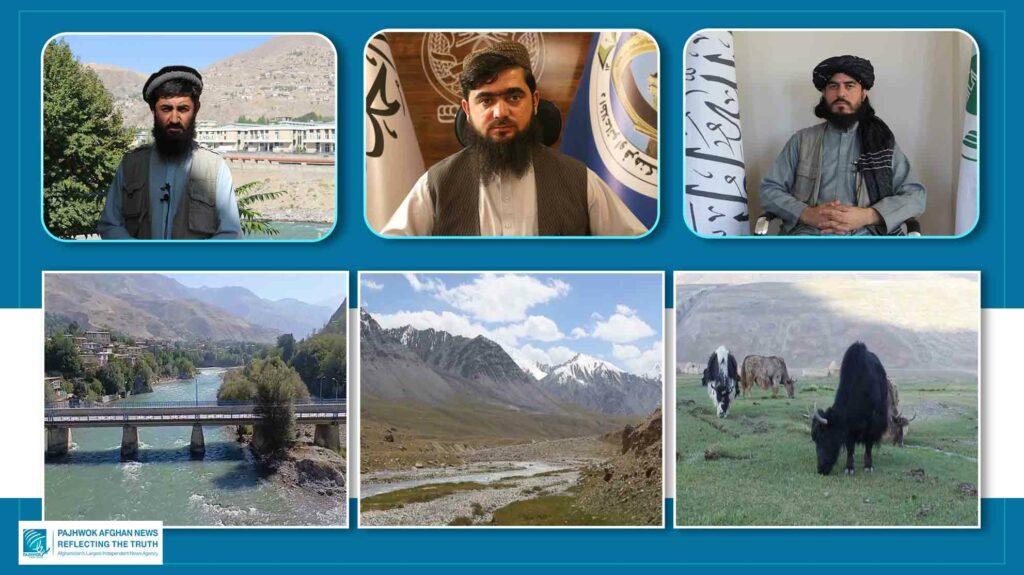FAIZABAD (Pajhwok): Some residents of northeastern Badakhshan say although wildlife hunting has significantly decreased since the return of the Islamic Emirate of Afghanistan (IEA), the illegal practice still poses a challenge that needs to be completely addressed.
Zohrullah Fakhri, a resident of Badakhshan, said that before the return of the IEA, there was widespread and ruthless hunting of birds and wild animals, alongside aquatic creatures.
He noted that hunting of wild animals was banned three years ago.
He urged the government to completely eliminate wildlife hunting in the province to help restore the population of wild animals.
Another resident, Attaullah, called on the IEA to take serious action against hunters who threaten the extinction of rare species and to enforce legal measures to prevent the decline of wildlife.
Ayatollah Ghafari, another resident, identified Pakistani nets and hunting firearms as contributing factors to wildlife hunting in the province and called for collecting these items to help end wild animal hunting.
Meanwhile, Najibullah, a resident of Waghjir Valley, attributed the decline of certain wildlife animals, including Marco Polo sheep and snow leopard, to increasing snowfall and a lack of fodder.
However, Zia-ul-Haq Kamran, a wildlife expert in Badakhshan, reported that 25 rare wild mammals inhabited the province and their populations were seen in foothills of other districts as well as in Wakhan National Park.
He attributed hunting to economic poverty and a lack of public awareness about environmental laws and the negative consequences of wildlife extinction, emphasizing that environmental protection volunteers should be provided essential education, which should continue.
Kamran added that wild animals played a crucial role in the ecological balance; the hunting of one of them could lead to the endangerment of others.
Sherzai Naemi, an expert from Wakhan National Park, mentioned that discussions have taken place with local residents and military personnel to prevent wildlife hunting, with commitments from them to cooperate.
Currently, there are between 100 to 400 wild mammals in the peaks of Wakhan, including Marco Polo sheep, ibex, and other animals.
Eng Zabihullah Amiri, head of information and culture, noted that efforts were being made to prohibit wildlife hunting and aerial firing in the national park area, and hunting has significantly decreased.
He described Badakhshan as a treasure trove of natural resources and wildlife, citing that past ruthless hunting had caused various deer to flee.
Additionally, Qari Faiz-ur-Rahman Ibrahimi, head of environmental protection in Badakhshan, stated that the governor has issued firm directives to all civil and military institutions to take serious legal action against wildlife hunters and refer offenders to judicial authorities.
sa/ma








GET IN TOUCH
NEWSLETTER
SUGGEST A STORY
PAJHWOK MOBILE APP